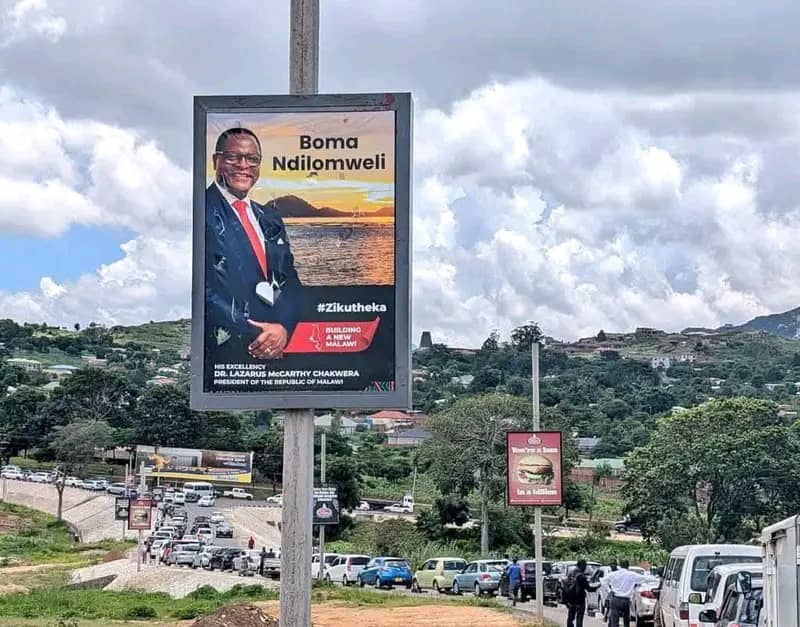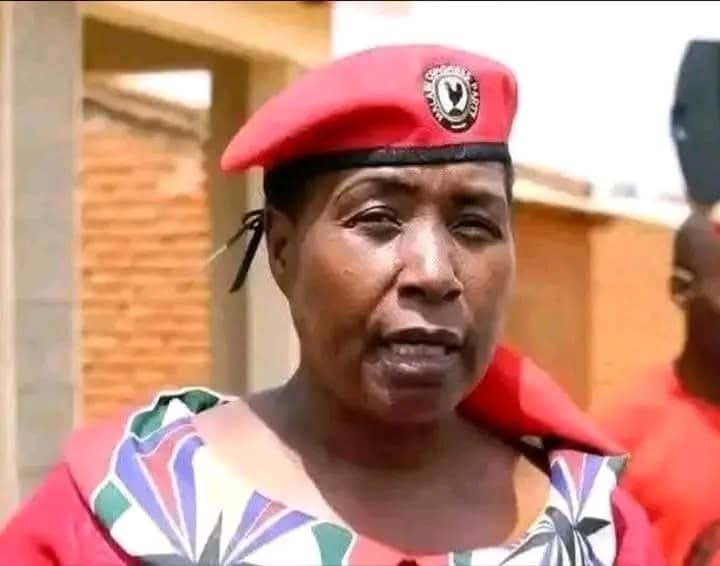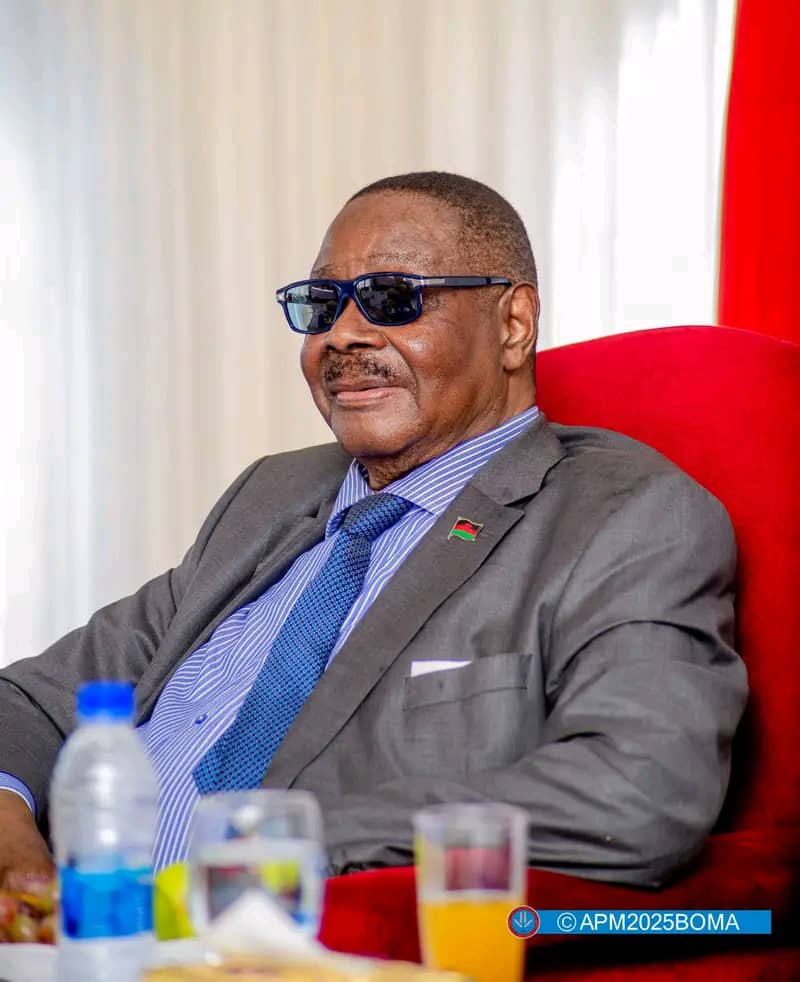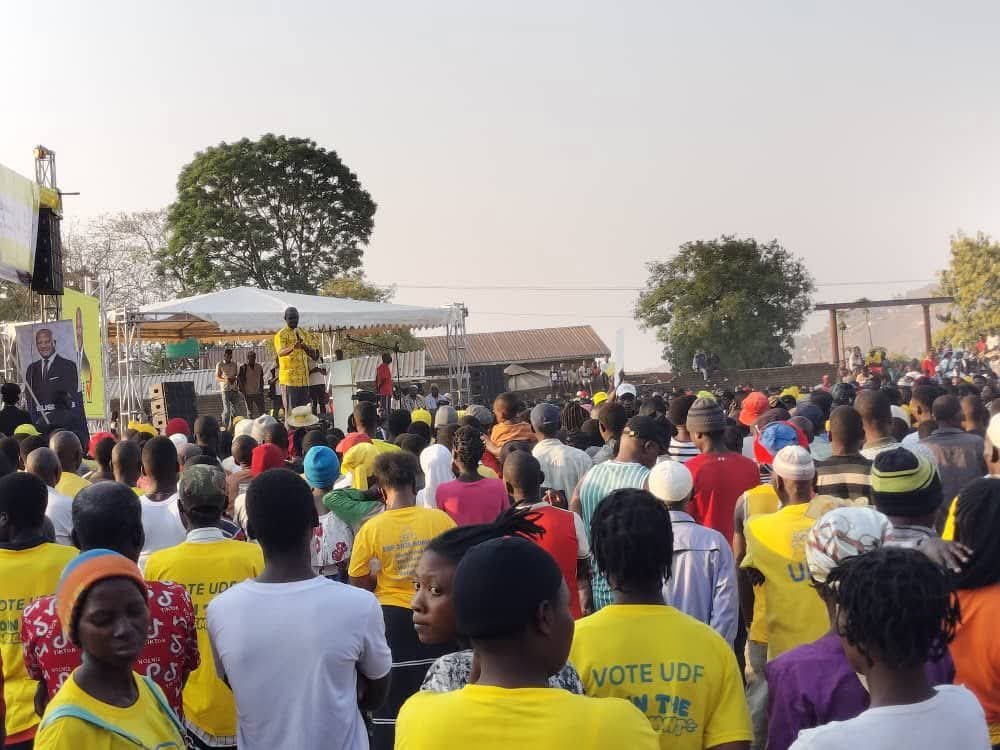By Burnett Munthali
The transfer of suspects from their local police stations to distant ones, as seen in the case of Hon. Sameer Suleman, raises critical questions about the ethics, legality, and practicality of such actions. This practice has become a subject of public debate in Malawi, with many questioning its fairness and impact on justice delivery. Below is an analysis of why this approach may not be ideal.
1) Transferring suspects far from their home stations can infringe on their fundamental rights, particularly the right to access legal representation and family support. In Hon. Suleman’s case, being taken from his constituency and familiar environment to a distant police station complicates his ability to receive timely legal assistance and moral support. The 1994 Constitution of Malawi guarantees every citizen the right to be treated with dignity and fairness during legal processes. Such transfers risk undermining these principles.
2) Moving suspects to distant locations introduces logistical challenges for their families, legal teams, and supporters. Lawyers often need to travel long distances to meet their clients, incurring significant costs and delays that hinder their ability to prepare a robust defense. For families, visiting their detained loved ones becomes burdensome and expensive. These factors disproportionately affect marginalized individuals who may lack the resources to meet these additional demands.
3) The transfer of suspects, especially high-profile figures like Suleman, can create a perception of political interference in the justice system. When a vocal opposition member is moved to a distant station, it fuels suspicions of targeted persecution and an intention to isolate them from their support base. Such actions can erode public trust in the police and judiciary, further polarizing an already divided political landscape.
4) The practice can lead to unnecessary delays in resolving cases. When suspects are far from the jurisdiction where their alleged offenses occurred, it complicates the coordination between police investigators, prosecutors, and witnesses. This inefficiency undermines the principle of swift justice and can result in prolonged detention without trial.
5) Modern policing emphasizes community engagement and trust-building. By transferring suspects away from their local communities, law enforcement risks alienating themselves from the very people they are meant to serve. Community policing relies on local knowledge and relationships to resolve disputes and maintain order, a principle undermined by such transfers.
6) Transferring suspects to distant stations can open avenues for abuse. Isolating individuals from their support networks increases their vulnerability to mistreatment, coercion, or intimidation. In some cases, such actions may be used as a tactic to suppress dissent or silence critics, further entrenching authoritarian tendencies.
While law enforcement authorities may justify the transfer of suspects as necessary for operational reasons, the negative consequences far outweigh the benefits. Instead, the focus should be on strengthening local police capacity to handle cases efficiently and fairly. To ensure justice and uphold public confidence, the following measures are recommended:
1) Suspects should only be transferred in exceptional circumstances and with clear, justified reasons.
2) Authorities should communicate the rationale behind transfers to avoid perceptions of bias or foul play.
3) Ensure that suspects have unhindered access to legal representation and family support, regardless of their location.
4) Invest in the capacity of local police stations to handle cases effectively, minimizing the need for transfers.
The case of Hon. Sameer Suleman is a wake-up call for stakeholders to reevaluate practices that may inadvertently harm the principles of justice and fairness. By addressing these issues, Malawi can foster a more transparent and equitable legal system that respects the rights of all citizens. “Signs of the times: A reflection on governance and reality”
In a stark and symbolic scene, a queue of vehicles stretches long at the Puma fuel station in Kanjedza, all waiting desperately for fuel. Amid this chaos stands a large billboard featuring the President of the Republic of Malawi. The billboard boldly declares, “Boma ndi lomweri”—a phrase loosely translating to “This is the government.”
This striking juxtaposition between the message of governance and the lived reality of citizens raises profound questions about leadership, promises, and the state of the nation.
The Puma fuel station in Kanjedza, Blantyre, has become a microcosm of Malawi’s broader struggles. On one side, frustrated drivers sit in their cars for hours, hoping to purchase fuel, a commodity that has become increasingly scarce in recent months. On the other side, the towering billboard sends a message of confidence and assurance from the government.
The irony is inescapable. For those waiting in line, the bold proclamation seems disconnected from the reality they face. The phrase “Boma ndi lomweri” now serves as a bitter reminder of unfulfilled promises and the challenges that ordinary Malawians endure daily.
Fuel shortages have plagued Malawi for months, causing widespread disruptions to businesses, schools, and daily life. The crisis has been attributed to a range of factors, including:
The country’s inability to secure sufficient foreign currency has hampered the importation of essential commodities, including fuel.
Critics argue that the government has failed to implement sustainable solutions to address the crisis, relying instead on temporary measures.
Rising fuel prices on the international market and regional supply chain disruptions have compounded the issue.
For citizens, however, these explanations offer little comfort as they grapple with the immediate consequences of a stalled economy and the rising cost of living.
The billboard at Kanjedza symbolizes the gap between political rhetoric and the lived experiences of the people. The phrase “Boma ndi lomweri” was intended as a message of stability, a reassurance that the current administration is in control and committed to delivering on its promises.
Yet, for many, it now feels like a hollow slogan. The fuel crisis, coupled with other pressing issues such as unemployment, corruption, and failing public services, has left citizens questioning the government’s ability to lead effectively.
The public response to the scene at Kanjedza has been a mix of frustration, satire, and reflection:
Many have expressed anger at the government for its perceived failure to address the fuel crisis and other economic challenges.
Social media platforms are awash with posts mocking the slogan “Boma ndi lomweri,” with users pointing out the irony of its placement next to a queue of fuel-starved vehicles.
Some citizens see the juxtaposition as a moment to reflect on the state of governance and the need for more accountability from leaders.
The scene at Kanjedza is emblematic of the broader struggles facing Malawi as the nation grapples with economic, social, and political challenges. Key lessons can be drawn from this moment:
The government must address the disconnect between its rhetoric and the realities faced by citizens. Bold declarations must be matched with bold actions that deliver tangible results.
The fuel crisis underscores the need for sustainable economic reforms, including measures to stabilize foreign exchange reserves and diversify revenue streams.
Malawians are increasingly calling for transparency and accountability from their leaders. Slogans alone will not suffice; citizens want to see progress and solutions to their everyday struggles.
The image of a fuel queue beneath a government slogan is more than a coincidence—it is a powerful commentary on the state of the nation. It captures the frustration, irony, and hope of a people yearning for change.
As Malawi moves forward, leaders must take this moment as a wake-up call to align their promises with action. Only by addressing the root causes of the country’s challenges can the government reclaim the confidence of its citizens. Until then, the words “Boma ndi lomweri” will serve as a poignant reminder of the work that remains to be done.




